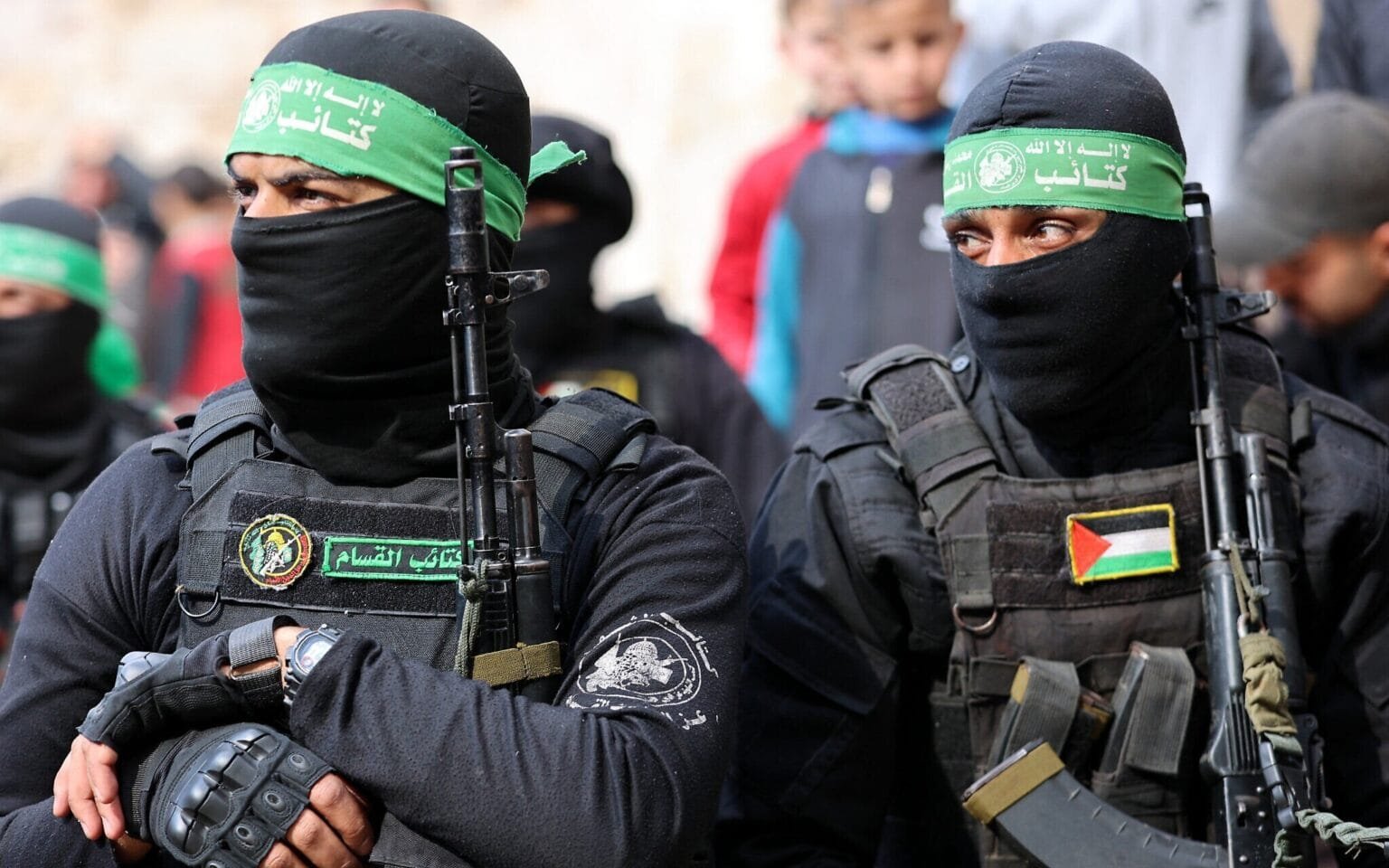A Palestinian source close to Hamas’s leadership has told AFP that Hamas officials are demanding modifications to certain disarmament-related clauses in U.S. President Donald Trump’s Gaza peace plan. The discussions took place in Doha, where Hamas negotiators met with officials from Turkey, Egypt, and Qatar. Hamas is asking for “two or three days at most” to make a formal response.
The Trump-backed plan, which also has Israel’s support under Prime Minister Benjamin Netanyahu, calls for several conditions: a ceasefire, the release of hostages by Hamas within 72 hours, Hamas’s disarmament, and a phased Israeli withdrawal from Gaza. But it is the requirement for full disarmament (including the removal or expulsion of Hamas and its cadre from Gaza) that Hamas is specifically challenging.
According to the source, Hamas is insisting on amendments to the disarmament clause — they want it rephrased so that it does not force the group to fully lay down arms or accept their cadres being expelled. They also demand international guarantees of a complete Israeli withdrawal from Gaza and assurances that there will be no assassinations (inside or outside Gaza) of Hamas leaders or members.
Inside Hamas, there is not a unified position. One school of thought supports unconditional approval of Trump’s plan, chiefly because a ceasefire, especially if its terms are guaranteed by the U.S. and mediated parties, is seen as urgently needed. Another faction is deeply wary of key clauses — especially disarmament — fearing they could undercut Hamas’ role, legitimacy, and leverage. That group is only willing to consider signing if those clauses are clarified or reworded to protect the group’s interests.
These internal divisions reflect long-standing red lines for Hamas. Disarmament has repeatedly been rejected in previous talks. Senior Hamas figures have argued that weapons are their only deterrent while Israeli occupation continues. They see complete disarmament as a threat not merely to their military wing, but to their political and social presence.
If Hamas refuses to alter the disarmament clause, it appears likely to reject the peace plan in its current form. But Hamas’s asking for amendments suggests that negotiations are ongoing and that the group is weighing options. From the regional perspective, mediators, especially Egypt, Qatar, and Turkey — are playing a crucial role. They are expected to convey Hamas’s concerns and attempt to bridge divides with Israel and the U.S.





